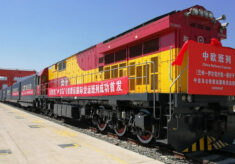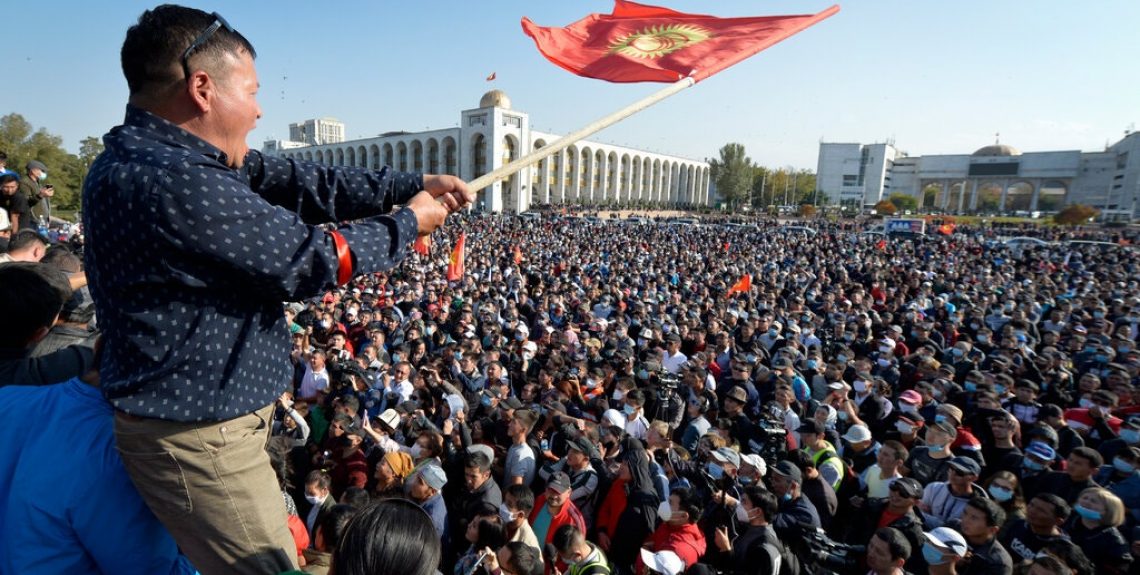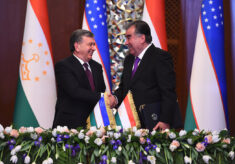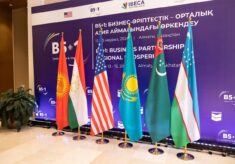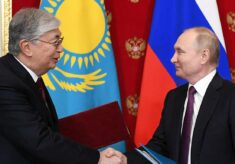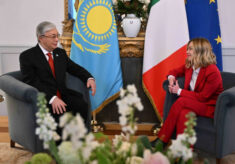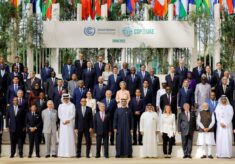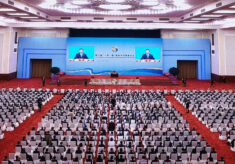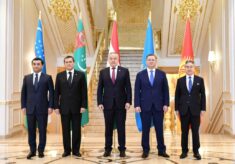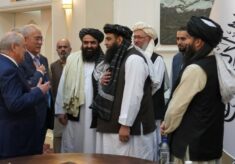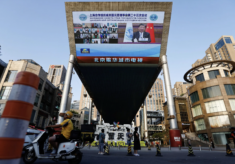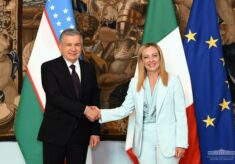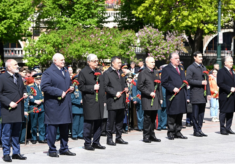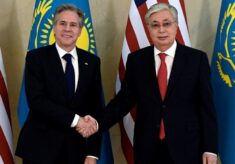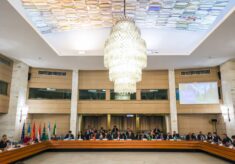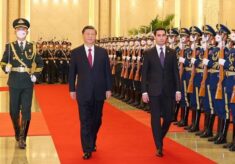Following the 4th of October 2020 contested parliamentary elections, Kyrgyzstan plunged into an acute political crisis that evolved into the so-called “third revolution”: President Jeenbekov’s sudden resignation reveals the threat of a dangerous power vacuum in the country.
However, these recent events appear profoundly different from the previous political crises: the so-called “Tulip revolution” in 2005 that ousted President Akayev (the first President of independent Kyrgyzstan), and the revolution in 2010 that overthrew President Bakyiev, which paved the way to a parliamentary system where presidential powers were more balanced. The latter was led by a recognised political leadership, which aimed at creating an interim government in order to restore the constitutional order quickly [Shairbek Dzhuraev, Turbulence in Kyrgyzstan: a hijacked revolution or business as usual?, Crossroads Central Asia, October 12, 2020].
During this “third revolution” emerged the controversial figure of Dzhaparov, a nationalist lawmaker and former Member of Parliament, who was freed from jail by his supporters during post-election protests: Dzhaparov was able to profit from the existing power vacuum and to exploit the divergences among anti-government political parties, to seize power, supported by a campaign of intimidation and violence promoted by his followers. As a matter of fact, Dzhaparov has become Prime Minister (through an unusual parliamentary session and an opaque vote of the Members of Parliament) on the 10th of October and five days later, after President Jeenbekov’s resignation, he also proclaimed himself as President ad interim. Even if the existing rules preclude the acting President to run for the presidential elections (scheduled on the 10th of January 2021), Dzhaparov has expressed his intention to participate. He could do so by either emending the constitution or by resigning from the interim presidency in December 2020; he has also supported projects to restore the presidential system [Acting Kyrgyz President Japarov Announces Move To Become Eligible For New Vote, RFERL, October 26, 2020].
Russia and China carefully monitor the evolution in Kyrgyzstan, both worried about a long-term instability affecting their strategies in the region. Moscow fears that Kyrgyzstan could represent the third theatre of instability in the Eurasian Economic Union bloc, after mass protest in Belarus and the open confrontation involving Armenia against Azerbaijan regarding Nagorno-Karabakh. Moreover, Russia is the main security partner for Bishkek, that also hosts the Collective Security Treaty Organization troops in the Kant military airbase.
China is currently the single largest creditor of the country, financing infrastructural projects under the Belt and Road Initiative blueprint, such as the national segment of the China–Kyrgyzstan–Uzbekistan railway corridor and the line D of the China–Central Asia gas pipeline. Considering that these countries share a long border that also runs through the sensitive region of Xinjiang, Chinese authorities are concerned about a potential spread of instability along the region.
